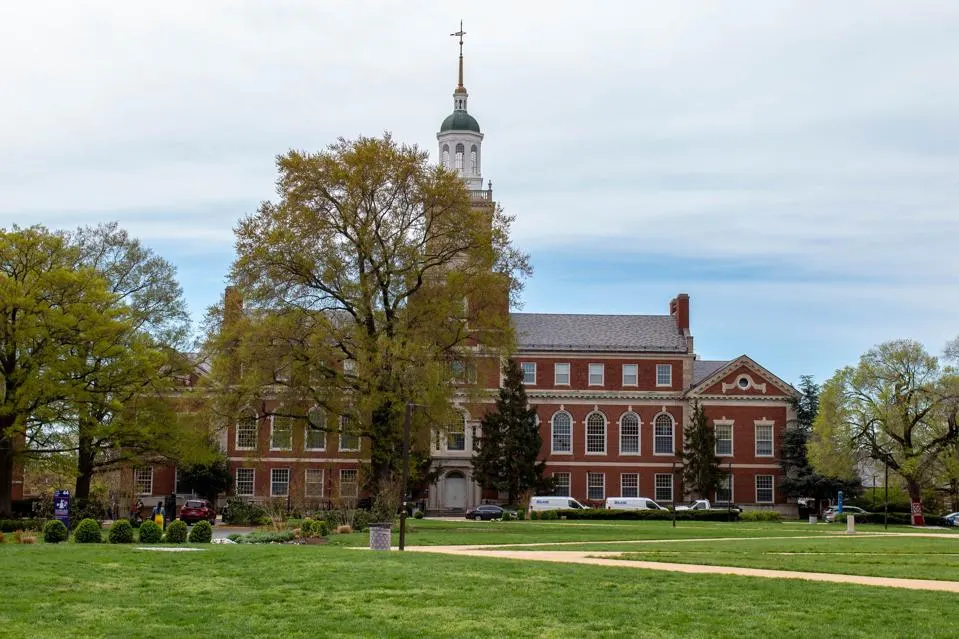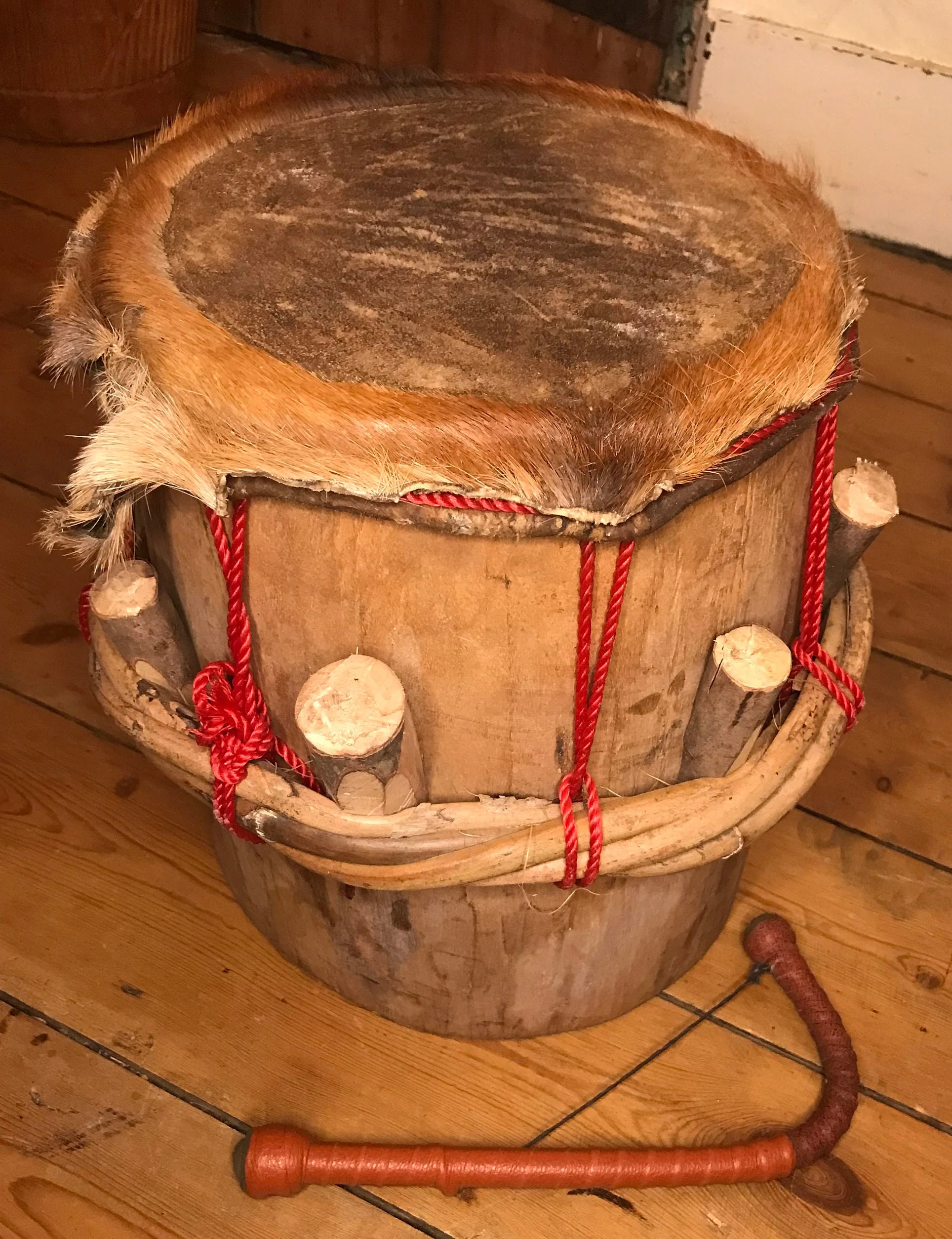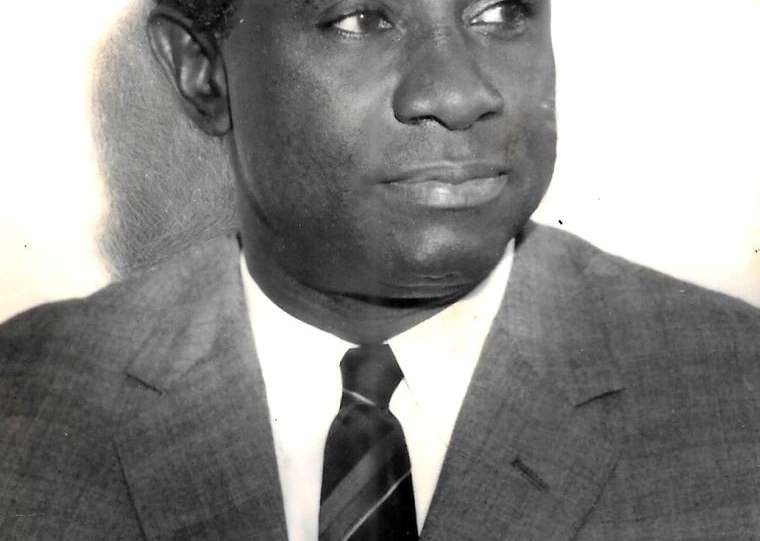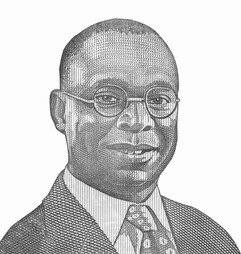
In April 2010, within the historic halls of Howard University in Washington, D.C., a quiet renaissance unfolded. The annual Igbo Studies Association (ISA) Conference had drawn together some of the finest minds of the Igbo world; historians, artists, linguists, and philosophers, each carrying the weight of a people’s story on their shoulders.
Far from the red earth of Alaigbo, they gathered in a foreign land to speak of home, language, and legacy. It was more than an academic conference; it was a pilgrimage of identity, an attempt to answer one burning question: What does it mean to be Igbo in the age of modernity?
The conference halls hummed with passionate voices debating themes like “Globalization and the Future of Indigenous Knowledge” and “The Relevance of Igbo Values in Contemporary Africa.” From professors who had spent decades studying oral traditions to young scholars eager to redefine what it means to be African in the diaspora, Howard University became, for a moment, the new Nsukka of the West, the intellectual heart of Igbo consciousness abroad.
Between Memory and Modernity
In many ways, the Howard Conference symbolised a crossroads. Modernity has always tested the resilience of indigenous cultures, and the Igbo, with their entrepreneurial drive and adaptability, have faced that test head-on. Yet, as one scholar noted during the sessions, “In our search for progress, we must not forget the voices that shaped our beginnings.”
The participants examined how colonial education systems once displaced traditional Igbo knowledge systems, how the ọfọ, omenala, and ilu (proverbs) that guided moral life were gradually replaced by imported ideals. Yet, in that very displacement lay the seeds of resistance. The rebirth of Igbo Studies, both in Nigeria and the diaspora, became a way to reclaim what was nearly lost, to study Igbo history not as folklore but as philosophy, not as nostalgia but as a living heritage.
An Igbo proverb reminds us: “Ọ bụ onye amaghi ebe mmiri bidoro maba ya, agaghị ama ebe ọ ga-akwụsị.” (He who does not know where the rain began to beat him cannot know where it will stop). At Howard, this saying echoed like a call to conscience, an insistence that in studying Igbo origins, the community can better chart its modern course.
The Scholars and the Soul of a People
Among the distinguished attendees were scholars such as Prof. Chukwuma Azuonye, Prof. Catherine Acholonu, and Dr Nkiru Nzegwu, each offering insight into the intricate balance between modernity and tradition. Their presentations did not lament change; instead, they sought to negotiate it. Azuonye spoke about how modern technology could help preserve oral archives, while Nzegwu emphasised the importance of women’s voices in Igbo cosmology, a reminder that gender equality was not foreign to Igbo tradition, but embedded within it.
The scholars also discussed the danger of cultural amnesia, the way many young Igbos, both at home and abroad, no longer speak the language or understand omenala Igbo (Igbo customs). The conference therefore urged a renaissance of cultural education, suggesting that modernity need not erase tradition—it could amplify it.
Igbo Diaspora and the New Frontiers of Scholarship
For the diaspora community, the conference was deeply personal. Many of the attendees were second-generation Igbos who had grown up hearing stories of their ancestral villages but had never walked the dusty roads of Nsukka, Nnewi, or Arochukwu.
For them, the gathering became a bridge; an intellectual return to Alaigbo. They sought to build an Igbo identity that was neither trapped in nostalgia nor dissolved by assimilation.
As one participant poignantly said: “We are the children of Chukwu, living in distant lands, yet our souls still dance to the drums of our ancestors”. Through papers, poetry, and performance, they explored how Igbo philosophy, language, and art could thrive in a digital, globalised age. Whether through films, podcasts, or online learning platforms, the spirit of Igbo Studies was being reimagined for the 21st century.
Reclaiming Language, Reclaiming Self
One of the most passionate sessions focused on the Igbo language: its decline, its resilience, and its revival. The statistics were sobering: fewer than half of young Igbos in urban areas could fluently speak the language. But the solutions discussed were innovative: digital Igbo dictionaries, YouTube channels dedicated to ilu Igbo, and immersive language programs in schools across the diaspora.
The scholars insisted that language is identity. To lose it is to lose one’s soul. “Asụsụ bụ mkpụrụ obi mmadụ.” (Language is the soul of a people.)
So, the conference ended not with despair, but with resolve. To be Igbo in a global age is not to abandon the old ways; it is to reinterpret them. The modern Igbo can speak English, build technology, and still pour libation to their ancestors. There is no contradiction, only continuity.
A New Vision for Igbo Studies
By the end of the Howard University Conference, one truth had crystallised: Igbo Studies is not a relic; it is a revolution.
It is about reclaiming history from colonial distortions, preserving a fast-fading language, and affirming a worldview that values community, dignity, and dialogue. It is also about the Igbo people rediscovering themselves in an age of confusion, standing tall amid global change without losing their roots.
In the words of another proverb: “Nwata bulie nna ya elu, ọ na-ebuli onwe ya.” (When a child lifts up his father, he lifts himself up. By honouring their cultural ancestors through study and storytelling, Igbos everywhere uplift themselves.
Reflections: From Washington to Alaigbo
When the conference lights dimmed and the attendees drifted back to their various corners of the world, one could almost sense the ancestors smiling. For in those academic halls, far from the rivers of Omambala or the hills of Abiriba, their voices had been heard again.
The Howard Conference became more than an event; it was a symbol of survival, proof that Igbo thought, creativity, and spirit can transcend geography and time. As long as scholars and storytellers continue to gather in the name of Igbo Studies, the heartbeat of Alaigbo will never fade. “Mmụọ onye na-emeghị ihe ọma adịghị aga n’ihu.” (The spirit of one who does nothing good does not progress). Through such gatherings, the Igbo spirit continues to move forward—rooted in memory, yet alive in modernity.

References:
- Azuonye, C. (2010). A view from the Igbo Studies Conference in Washington, D.C., Vanguard Nigeria.
- Igbo Studies Association. (2010). Conference Report: Globalization, Heritage, and the Future of Igbo Studies. Howard University Archives.
- Nzegwu, N. (2008). African modernity and the female voice in Igbo cosmology. Journal of African Philosophy, 7(2), 45–62.




